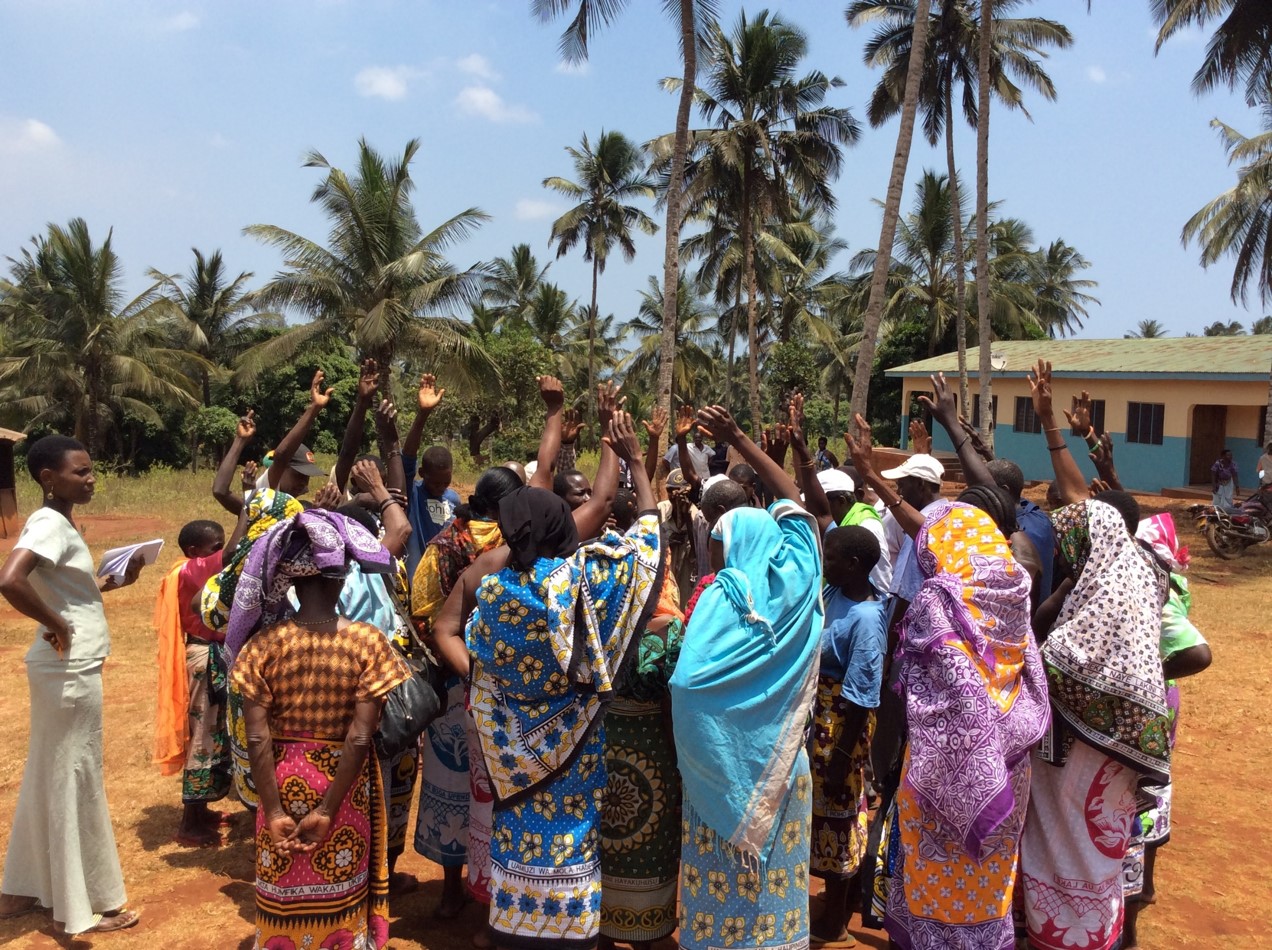Working with Community Advisory Boards/Groups to support community engagement in clinical research on COVID-19
Theme:
There is wide agreement that community engagement (CE) is important to strengthen collaborative
partnerships and ethical practice across many research types and settings, often including interaction with ‘representatives’ of communities.
Community Advisory Boards/Groups (CAB/Gs), or variants of these, are the most widely documented structures supporting CE. Here we share some information on establishing and working with different types of advisory groups and consider adaptations in the context of COVID-19 studies. CAB/Gs have many benefits. They can:
- Strengthen the design, acceptability and quality of research.
- Strengthen informed consent processes in research through dissemination of information on research goals, risks and benefits, and incorporating local views into consent processes .
- Identify and minimise ‘internal risks’ (those only visible to those within a community), and risks that can be imposed externally such as stigmatization of the community .
- Support alignment of research approach and outcomes (measurable as well as intangible outcomes, such as increased trust in public health messaging) with engaged population’s priorities.
- Empower communities and demonstrate respect, both as a goal in itself and to, in turn, strengthen mutual understanding, trust and credibility of researchers
This brief explores the challenges in establishing and working with CAB/Gs and provides guidance for COVID-19 researchers who wish to engage with these structures.

